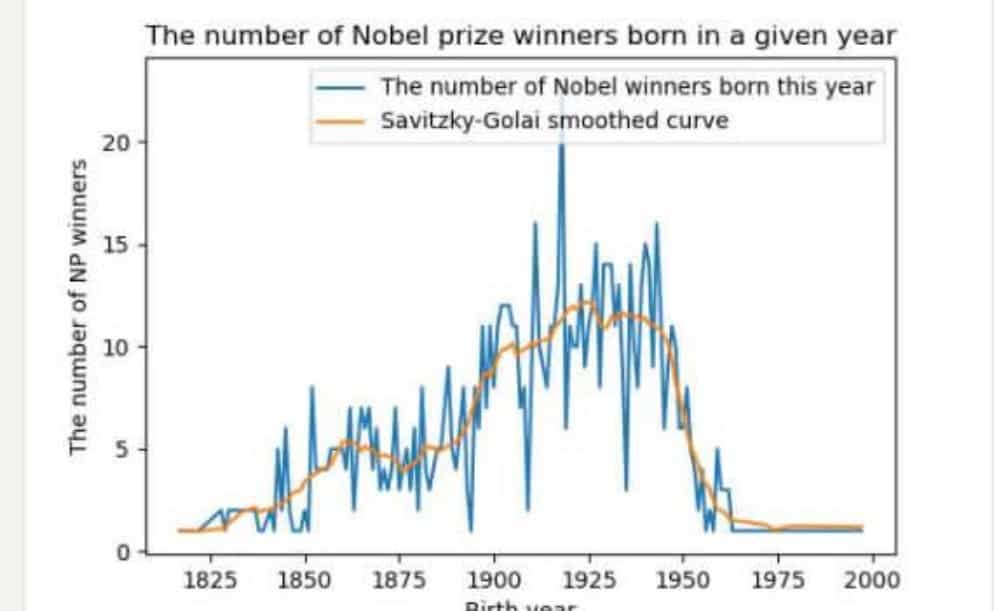I recently watched the episode of “Black Mirror” on Netflix titled “Joan is Awful” and it opened up some interesting conversations.
The quick summary of the episode is that Joan comes home from work one day, fires up “Streamberry” (a spoof of Netflix) and discovers there is a new show featuring her life from that very day (starring Salma Hayek), and everyone is watching it. It’s quite embarrassing for her and leads to a variety of rough outcomes.
As the episode progresses, we find that her show was created using AI, which is how they were able to produce full episodes in near real-time. The episode gets into legal matters about using a person in a show like that (“you agreed to it in the terms of service”) and their use of Hayek’s likeness in AI, but that angle isn’t my concern for now. The more pressing matter, and one that we’ll see relatively soon, is AI-generated shows and movies that are custom-made for each of us.
Netflix and other services know a ton about us. We’re not far from the point where Netflix could have an idea for a show, but then customize it to feature things that would keep us individually more entertained. Perhaps they swap in local sports teams for each user, customize character accents, set things in homes and cars that are more appealing, etc. They could do a lot to make every one of us see a different version of the “same” show, so where does that lead?
Taking it further, they could create 100% custom programming for users. Is there a book that you wish was a movie? Done!
Engagement?
This would likely increase one kind of engagement, but decrease another. People would likely be more engaged with the super-customized shows, at least for a while, but would be less able to share thoughts with their friends because they all saw different shows.
We’re seeing that a bit already simply due to the huge volume of programming that’s available. Gone are the days of talking to folks about the show last night (Seinfeld, ER, Lost, M*A*S*H, etc) that “everyone” watched the night before. With this potential AI-generated future, we go even further in that direction.
Ultimately, no one knows. I encourage you to watch the “Jane is Awful” episode of Black Mirror if you have Netflix; it has some clearly unrealistic aspects to it, but there are pieces that just might come true before too long.
